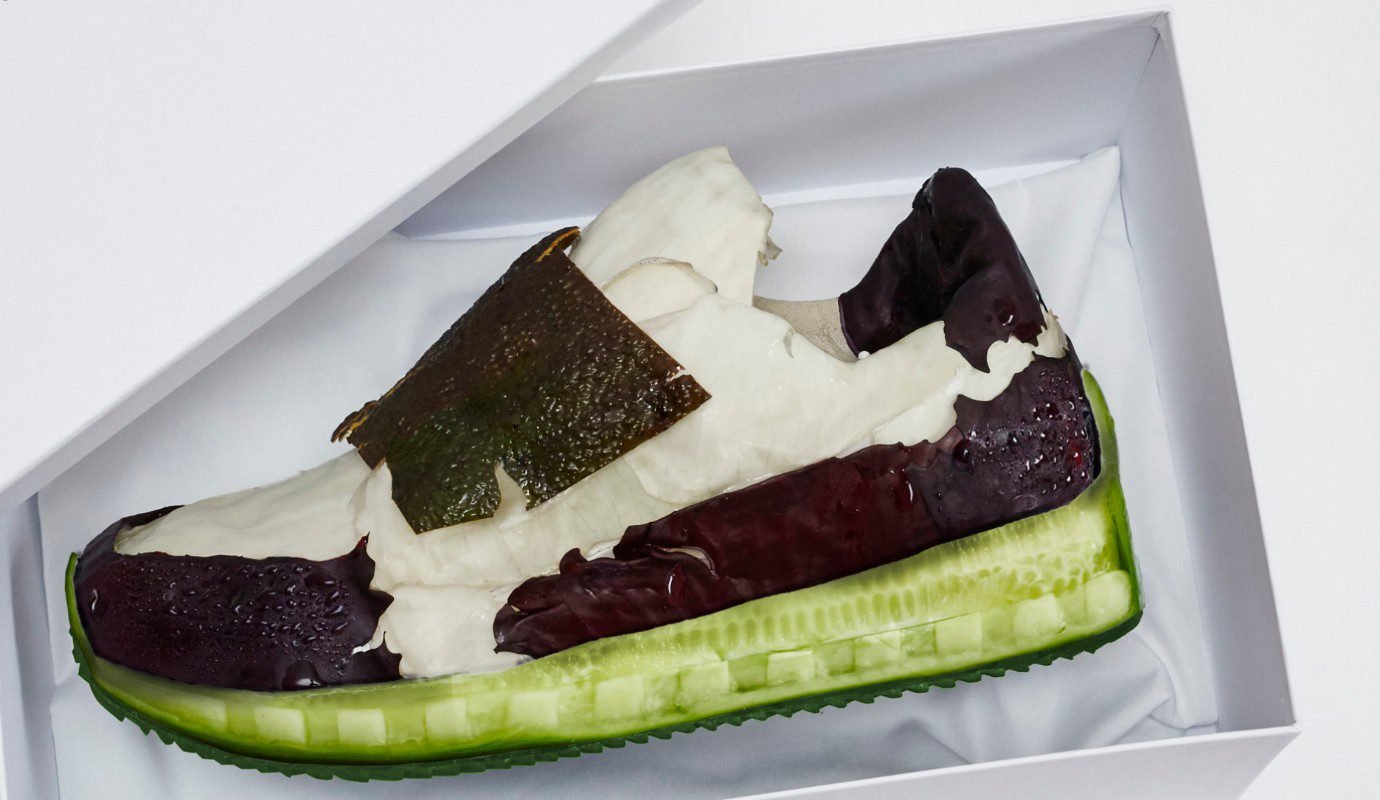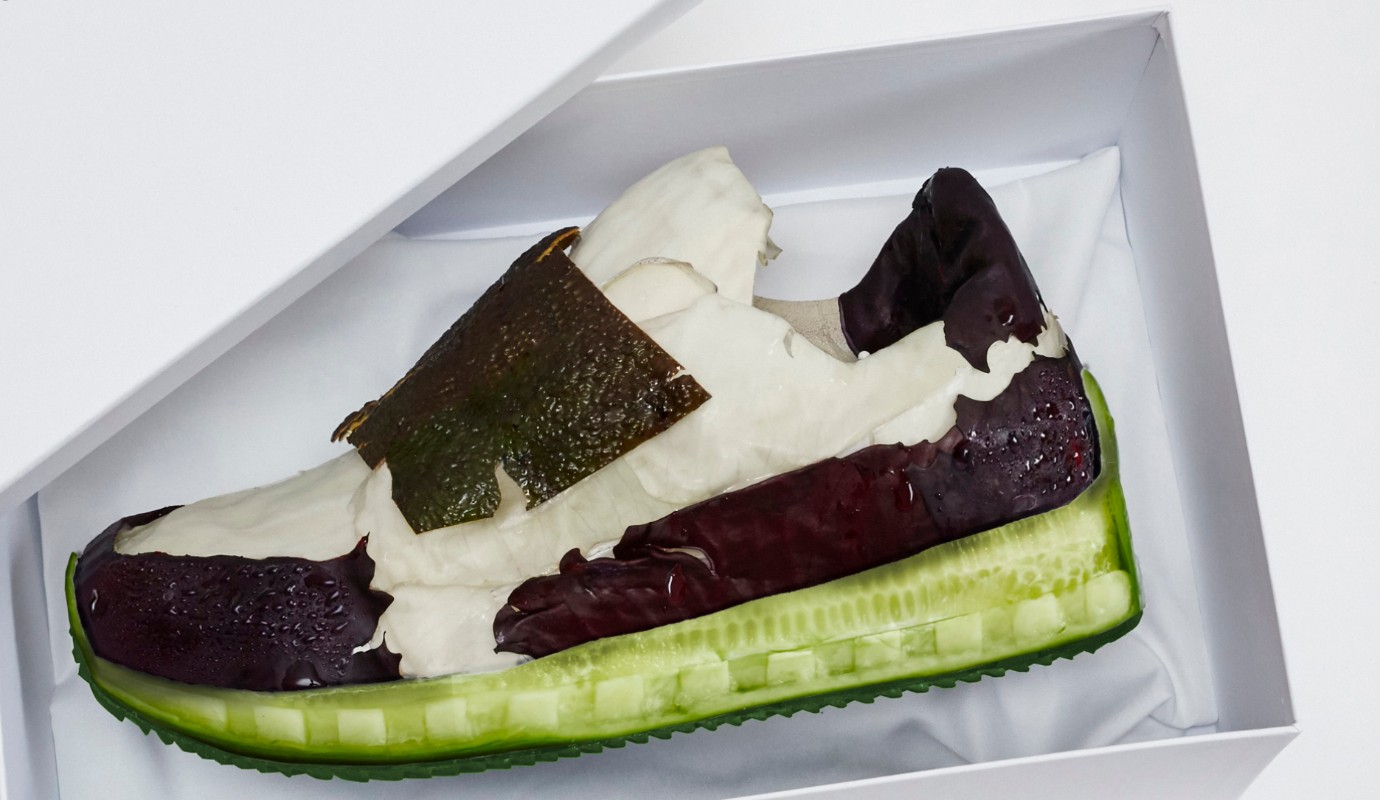When we buy we should think about what and who was involved in making the product. It’s no longer just a matter of is something stylish or not. When you think about the people who made the item or animals that had to be killed or harmed to create it that changes your perspective. Kresse Wesling, the founder of Elvis & Kresse, a luxury vegan fashion brand, noted the impact fast fashion has on consumers. We have gotten used to the high street giving us new purchasing options each week, but if we think of the way our grandparents lived there was no buying obsessively. They kept garments and accessories for years and years, and these garments meant something to them. “It’s about compassionate consumption, mass fashion isn’t taking us anywhere that we want to go as a civilization,” Wesling said.
Mass fashion brands realize that consumers are smarter than ever and do research when it comes down to the quality of a product. It’s not all about vegan fashion either, more people just want to live healthier plant-based lives. Alicia Lai, founder of Bourgeois Boheme, expressed how the market is “definitely going forward.” There was a time when people could remain unaware of what leather is and how the animals suffer. However, due to Instagram and PETA expose videos all the abuse that the animals go through is there for all to see.
“Animals are treated as a commodity. As you long as you use animals there will be suffering,” Taylor said. PETA maintains that animals are not ours to wear and they ask the public to support vegan fashion brands. Taylor mentions that fashion brand executives want to do the right thing and they insist that they know what goes on in their infrastructure. Despite executives wanting to do good, Taylor says, “It’s impossible for brands to overwatch all their infrastructure to make sure animals aren’t abused.” Taylor, Lai, and Kresse all agreed that there is so much innovation with fabrics and technology, there’s no need for animal products.
Everyone on the panel, and most in the audience, were firm believers in not using any animal products. However, Malcolm Proots, Director of Walter Reginald leather supplies, was supposed to be on the panel in opposition arguing that animal products, specifically leather, did not have a better alternative. Proots cancelled at the last minute according to Olivia Pinnock the founder of the Fashion Debates. Perhaps, he was too scared to go up against such a passionate and well-informed group.
However, there was a statement that was sent in by the British Fur Trade Association that noted “wearing fur is a freedom of choice” and “fake plastic fur is extremely harmful to the environment, isn’t biodegradable and negatively impacts wildlife thanks to the petroleum and plastics used to produce it.” Taylor went against these claims and said how the Fur Trade Association is basically on its last leg and are doing anything to continue making profits. The Fur industry sponsors many top fashion brands and has begun to start reaching out to younger brands as well to continue the cycle of using fur.
The fur industry is trying to remain relevant, but with all the other clothing options it’s proving to be difficult. “There’s vintage, there’s clothes swapping, there’s upcycling, there are so many other different options,” Lai expressed. People will always buy, but now the thing is changing mindsets about how and what to buy so that we can make better decisions for animals and the environment. Is the future vegan? It’s hard to answer that, but with the way society is heading there will certainly be more cautious and caring consumers.










